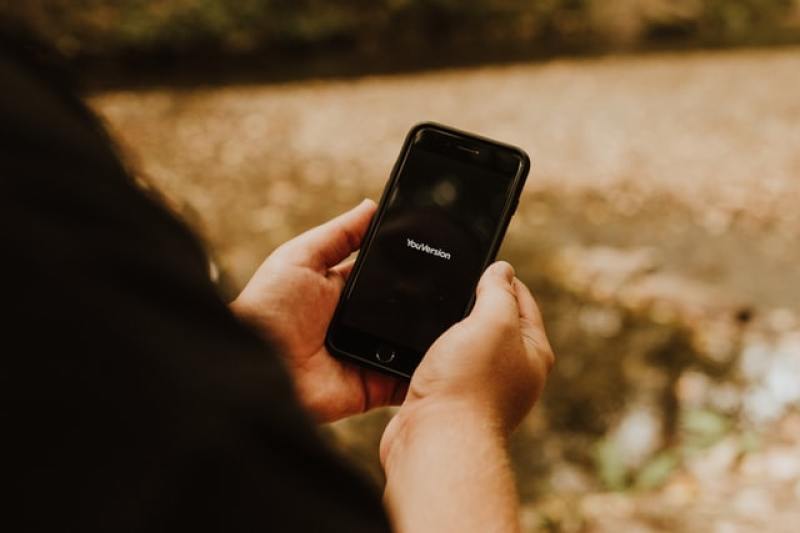
A new study suggests that there is a strong link between teens and young adults who are committed to the Bible and practice discernment when it comes to using social media.
A new report from the Barna Group and the Impact 360 Institute, Gen Z: Volume II, suggests that in every five teenagers and young adults from ages 13 to 21 years old, 3 or 60 percent of them would say that they believe their generation spends too much time on the internet.
The collected data from the surveyed 1,503 teens and young adults ages 13 to 20 in the US between June 15 and July 1, 2020, has a margin of error of ±2.53 percentage points.
The Christian Post reported that when the surveyed teens and young adults were asked how they feel about their personal screen use more than half of them (53%) admitted that they often feel bad about the amount of screentime they spend using their devices like phones, laptops, or tablets.
Twenty-five percent of them, however, would say that they, together with their peers, spends "just the right amount of time on screens," and about thirteen percent claimed that it does not matter whether how long their generation spends in front of the screens.
According to the gathered data by Barna Group, more than half of the teens and young adults (53%) say they "put off" or "procrastinate" while doing school works and other things because of the distractions caused by technology.
Furthermore, half of the surveyed teens and young adults put the blame on technology for feeling more distracted, while 36 percent of them blamed technology for feeling less productive.
Fifty-four percent also said that they feel like they are "wasting a lot of time" when using technology instead of doing productive things, and about three in every 10 tennis and young adults blamed technology for "shortening their attention span."
In the given date last month, Barna Group President David Kinnaman said that an average teenager spends at least 5 hours and 15 minutes using their smartphone in one day. On the other hand, he also said that young adults use their phones over six hours a day, which shows "incredible amounts of input that's coming in through screens."
He then defined Gen Z as the first generation of "screenagers", and said that they have been raised with screens and parents who are equally tethered and shaped by screens.
"We're all, as human beings, in this experiment of what it's going to be like for us to be in a digital environment to be raised in a world that I call 'Digital Babylon,' where so many of the controlling factors are different than they would have been in the past," David Kinnaman said.
He also found a strong correlation between "resilient disciples," saying, those who are committed to the words of God tend to practice discernment when it comes to the use of social media and technology.
"There's this really interesting interconnection between being a resilient disciple and also how you use your screentime," he said adding that resilient disciples "are more discerning when it comes to their devices."
"They have a more positive outlook and greater mental and emotional health," Kinnaman added. "Being a resilient Christian doesn't just mean you have a stronger faith, but you're actually stronger in some of the ways that matter most in real life."
He stated that the study shows many young adults use technology as an escape in dealing with anxiety, depression, and boredom.
"We need to manage screen time; sure, that's really important," he concluded. "Yet, thoughtful discernment and better practices for these young people are the most important things that we need to do. ... How will you embody this in your ministry?"
"Don't underestimate Gen Z," he continued. "They're smart. They're connected. Take them seriously. I believe now more than ever after the pandemic, our old methods aren't going to work."
A number of pastors and ministry leaders have stressed the importance of using the internet with utmost care as screens become an increasingly ubiquitous element of teen life.
Priscilla Shirer, the head of Going Beyond Ministries and mother-of-three, also told Christian Post in 2019 the importance of placing boundaries when using social media:
"Social media can start to reshape our lives in a way that's incongruent with the truth of who God has called us to be," she said. "That's with anything, but we're seeing that happen in a crazy way with social media, not just with young people, but with adults, too. We can't even go to dinner without our phones in our hand, without checking it. Every buzz, every bing, causes a thrust of adrenaline to bolster through our body. And so we're being drawn into this relationship with social media and with technology that's consuming our lives."




























